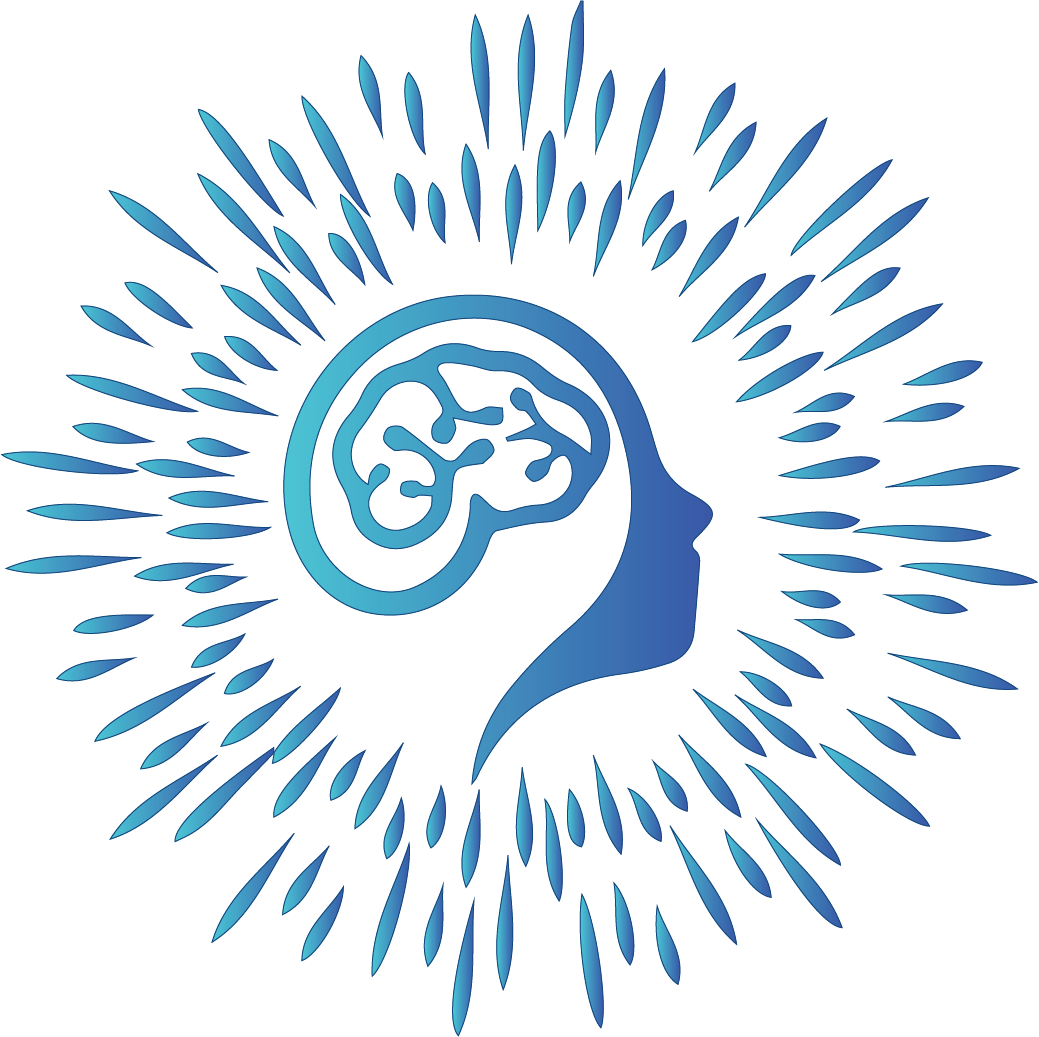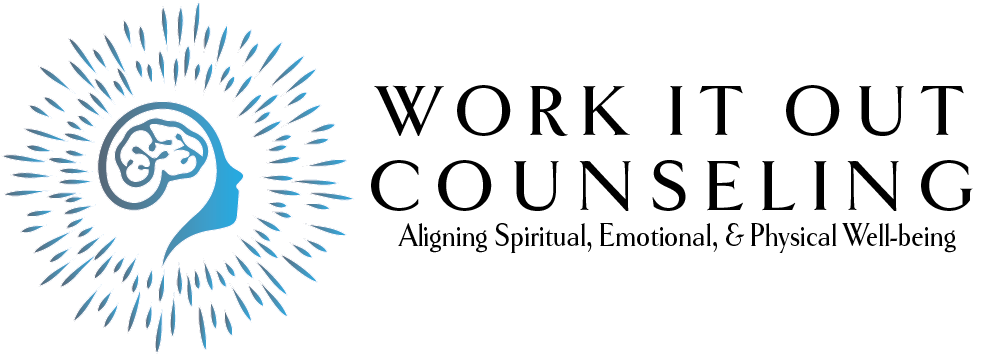Beyond Buzzwords: Unpacking Mental Health

Beyond Buzzwords: Unpacking Mental Health
It’s intriguing to me how frequently the term “mental health” is used today. It dominates news headlines, fills self-help books, and permeates social conversations. Even language learned in therapy has become trending on TikTok. This isn’t a bad thing of course, but it does beg the question: Do we truly grasp the depth of meaning behind “mental health” beyond its buzzword status? Let’s look for a more profound understanding of this intricate and vital aspect of our lives.
The Multifaceted Nature of Mental Health
In simple terms, mental health is a state of well-being that includes your biological, psychological, and social well-being. It affects how you think, feel, act, and relate to other people.
Consider why advice like “take a walk” or “get active” often accompanies discussions of mental health. The mind and body are not separate entities but intricately connected. Imagine the physical symptoms that often accompany stress – a racing heart, tense muscles, shallow breathing. Our mental state influences our physical well-being, and vice versa. When we’re in pain, our mental health suffers. Understanding this profound connection forms a crucial foundation for comprehending mental health.
Before we go any further, being concerned about your mental health is not a sign of weakness, nor is it the exclusive territory of those who have been diagnosed with a mental illness. Mental health is a universal concern, an integral facet of our humanity. Much like physical health; we all exist on a spectrum. Just as a person with a physical ailment seeks treatment, individuals facing mental health challenges deserve support.
Imagine a scale, with “thriving” at one end and “struggling” at the other. Our mental health can shift along this scale at various points in our lives. As changes in your physical health, social support, and emotions occur you can slide along that scale accordingly. It’s dynamic, always subject to change as we encounter life’s many joys and challenges.
Recognizing this scale and the factors like genetics, environment, upbringing, and experiences that impact it allows us to appreciate and care for the complexity of our mental well-being.
Practical Steps for Self-Reflection on Mental Well-Being
I invite you to self-reflect on your own mental well-being. What areas of your life need your attention? Where are you thriving? Whatever you discover on reflection, remember that prioritizing self-care and acknowledging and seeking support when needed are acts of self-compassion.
Understanding and nurturing your mental well-being is an ongoing journey. Here are some practical steps to help you embark on this path of self-reflection:
- Journaling: Consider keeping a journal where you can express your thoughts and feelings freely. Regularly jotting down your emotions and experiences can help you identify patterns and triggers that affect your mental health.
- Meditation and Mindfulness: Practicing meditation and mindfulness techniques can enhance your self-awareness. It allows you to observe your thoughts and emotions without judgment, fostering a deeper understanding of your mental state.
- Emotional Check-Ins: Set aside time to check in with yourself emotionally. Ask yourself how you’re feeling, and try to identify any underlying emotions. This practice can help you become more attuned to your emotional well-being.
- Physical Health Assessment: Recognize the connection between your physical and mental health. Assess your physical well-being by considering factors like diet, exercise, sleep, and any physical symptoms you may be experiencing.
- Relationships Audit: Examine the quality of your relationships, both personal and professional. Are there any dynamics that contribute positively or negatively to your mental health? Identifying areas for improvement can be empowering.
- Stress Management: Reflect on how you manage stress. Identify your stressors and explore healthy coping mechanisms. Learning to manage stress effectively is crucial for maintaining good mental health.
- Goals and Aspirations: Reflect on your life goals and aspirations. Are you pursuing what truly matters to you? Aligning your life with your values and passions can have a profound impact on your mental well-being.
- Seeking Support: Understand that seeking support is a sign of strength, not weakness. If you find that self-reflection uncovers areas where you need assistance, don’t hesitate to reach out to mental health professionals or support networks.
- Consistency is Key: Self-reflection is most effective when practiced consistently. Set aside regular time for introspection, and make it a part of your routine.
Your journey toward mental well-being is as unique as your fingerprint. It’s a path characterized by self-discovery, healing, and growth. Embrace it with courage and curiosity rather than condemnation. This is how we shatter stigmas surrounding mental health.
Final Thoughts
Exploring your mental health is an ongoing journey that requires curiosity and self-compassion. There’s no predefined roadmap to mental well-being, just as there’s no single definition of it. It’s your personal journey, filled with discoveries, healing, and growth.
If you find yourself in need of guidance or a compassionate ear along your path, please don’t hesitate to reach out. At Work It Out Counseling, we’re passionate about helping you navigate life’s twists and turns, fostering a sense of curiosity, and promoting a compassionate approach to mental well-being.


